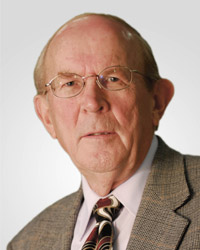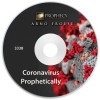Deathbed Salvation
Dear Sir,My question concerns the thief on the cross and the lesson Christ wanted to convey to us about confession and forgiveness. Does the event show that forgiveness is offered to us even at the very last moments of our lives? If like the thief on the cross next to Christ (who seems to have given no thought in his life to God, his own sinfulness or his eternity in heaven or hell), one is suddenly aware (by the fear of his impending death) of the salvation that is possible from Christ, and if we on our deathbed confess our sins and ask forgiveness, will we like the thief be forgiven? I would appreciate your thoughts as I have been trying to understand what teaching that God may want to give us in this part of Christ’s victory on the cross, and do not want to mistake flawed reasoning for the truth. Thank you for your reply, and may God bless your ministry in its efforts to share the gospel with the world.-D. Hebert, ON, Canada
Arno's Answer:
Repentance and salvation are an act of grace. It is the Holy Spirit who convicts the world of sin. Some say yes, others say no. It’s significant what Matthew records, “The thieves also, which were crucified with him, cast the same in his teeth” (Matthew 27:44).
Note the plural. In Luke 23:39-40, the change is recorded: one thief suddenly recognized his “lostness” and repented. Is this type of salvation available today? Absolutely. The key is and remains, “Believe on the Lord Jesus Christ, and thou shalt be saved.” Of course, one must realize death may come at any moment, and then one’s chance of salvation is gone forever.
Midnight Call - 02/2016





















